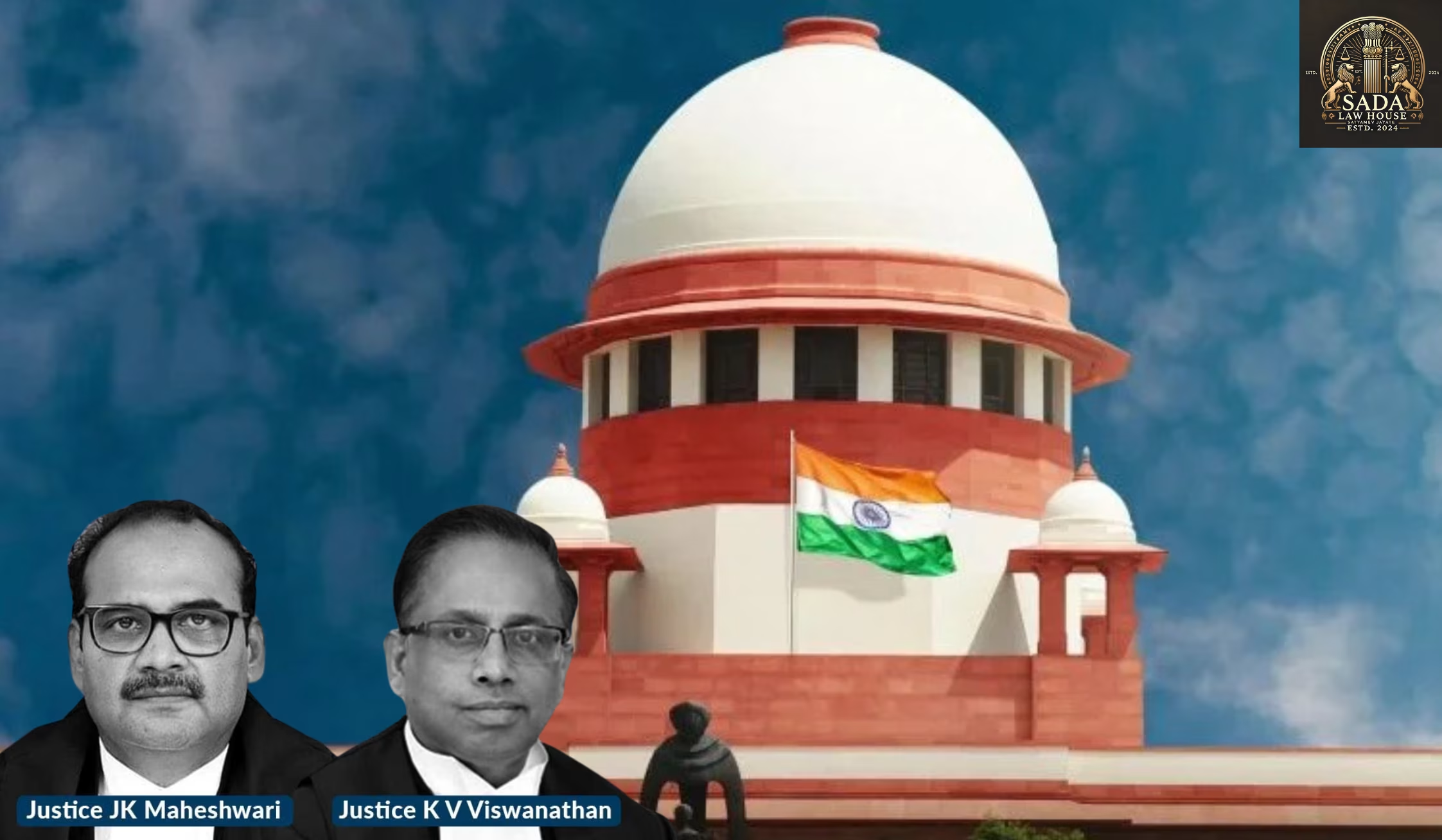Incarceration Due to Trial Delay Violates Article 21: Supreme Court Grants Bail Despite NDPS Act Bar – Ankur Chaudhary v. State of Madhya Pradesh (2024)
- REHA BHARGAV
- 02 June 2025

Supreme Court grants bail to Ankur Chaudhary in a landmark judgment affirming that prolonged pre-trial detention violates Article 21, even under the stringent NDPS Act. Learn how trial delays impact personal liberty and bail rights in drug-related cases.
Introduction
The Supreme Court’s recent decision in Ankur Chaudhary v. State of Madhya Pradesh highlights the crucial balance between enforcing the Narcotic Drugs and Psychotropic Substances Act (NDPS Act) and protecting fundamental rights under Article 21 of the Indian Constitution. Despite allegations of manufacturing commercial quantities of Alprazolam, the petitioner was granted bail due to excessive trial delay violating his right to personal liberty.
Case Facts
On April 29, 2022, Ankur Chaudhary was arrested in Indore, Madhya Pradesh, accused of illegally manufacturing approximately 151.8 kilograms of Alprazolam, a controlled psychotropic substance. The prosecution’s case relied mainly on confessional statements from co-accused, while two key witnesses did not support the allegations. Despite the serious charges, Chaudhary remained in custody for over two years without meaningful trial progress.
Legal Issue
Does prolonged incarceration without trial violate the fundamental right to personal liberty under Article 21, thereby justifying bail even when barred by Section 37 of the NDPS Act?
Arguments from the Petitioner
The petitioner’s counsel argued that continuous detention without a speedy trial infringes on the constitutional right to liberty. The defense highlighted weak prosecution evidence and stressed the presumption of innocence. They urged bail as justice delayed is justice denied.
Arguments from the Respondent
The State of Madhya Pradesh emphasized the gravity of the offense under the NDPS Act, pointing to the commercial quantity of narcotics seized. It argued strict bail conditions under Section 37 must be upheld to prevent potential evidence tampering or reoffense.
Supreme Court Judgment
A Vacation Bench of Justices J.K. Maheshwari and K.V. Viswanathan granted bail, underscoring that the right to a speedy trial is fundamental. The Court observed the trial had not progressed for over two years, making continued detention unconstitutional despite the NDPS Act’s stringent bail provisions. The weakening of prosecution evidence further supported bail, balancing public interest with individual liberty.
Conclusion
This landmark ruling reinforces that even under stringent drug laws, constitutional protections like Article 21 prevail against undue trial delays. The Supreme Court’s decision in Ankur Chaudhary v. State of Madhya Pradesh sets a vital precedent for safeguarding the right to personal liberty and speedy justice in narcotics cases.
Case Laws






